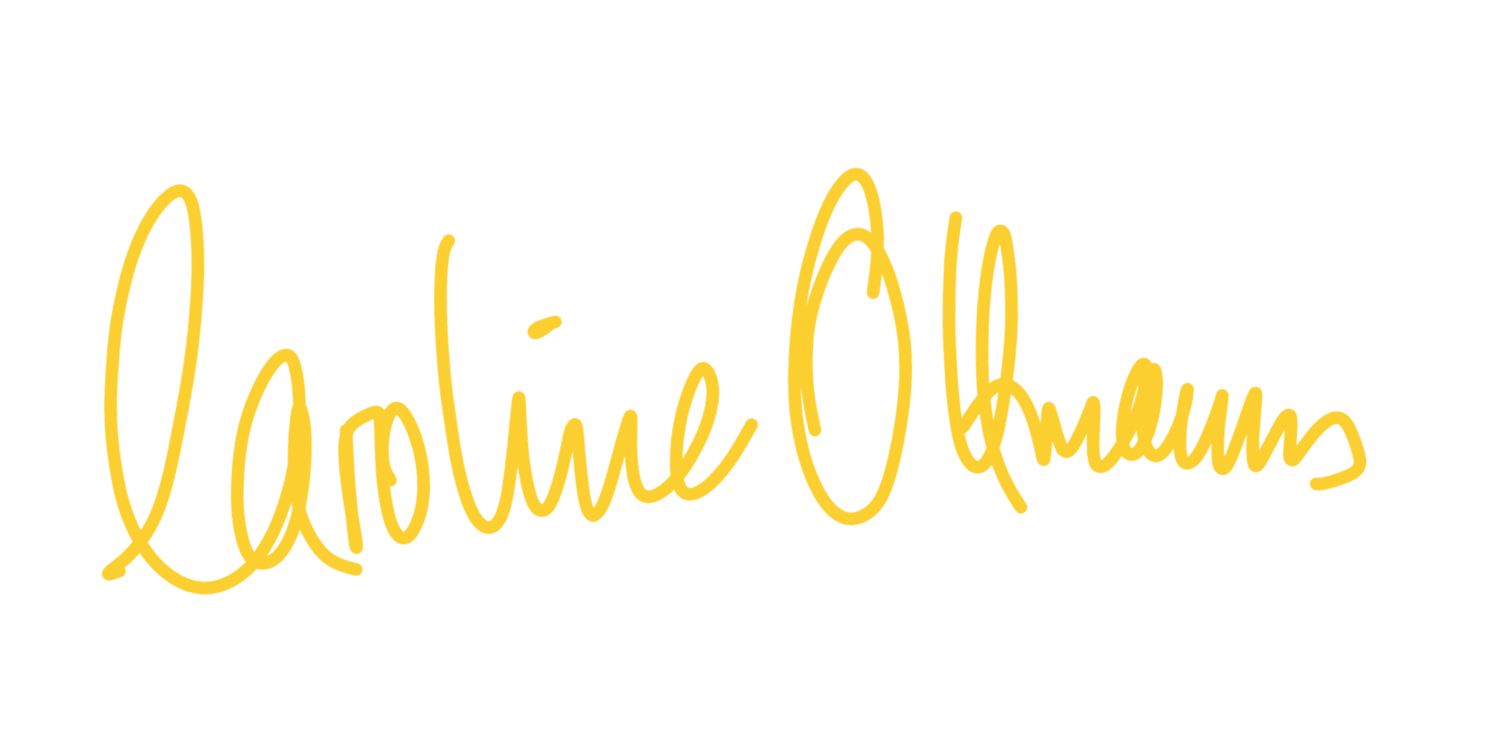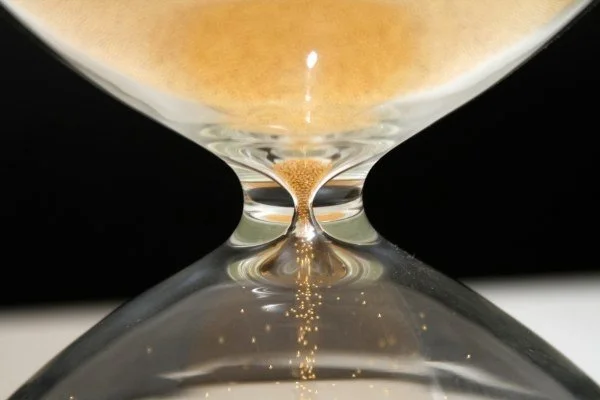STRUCTURING TIME - How to Optimize Practice and Rest
Time is something we think about every day. We have a close relationship with time. We know how long things last or how long something might take, and roughly what time it is. We like to structure our life and work through it. Time is also an important factor when practicing the piano, a factor that is quite intriguing.
After concerts I often get asked questions focused on time like "how long have you played the piano" or "how many hours do you practice each day". This summer I had the opportunity to probe a little deeper into the factor of time in search of the ultimate optimization of my practice work. I made some surprising discoveries on my way.
Asking Questions
I started my quest by developing a few questions. Here is what I came up with first:
How many hours do I spend at my instrument doing what?
A full practice day can range anywhere from 2 to 8 hours, sometimes even more. I wanted to know how much actual time I spent with my music.
How can I increase my efficiency at the piano?
In light of how many hours I actually practice I wanted to make sure my time was spent in the most productive way possible.
What do I do between practice sessions?
Work sessions during the day seemed to feel very different from each other. This was reflected in my results making me quite curious about those rest intervals.
It quickly became clear that these questions do not cover my daily involvement with the piano. There is so much more to a practice day. I started to wonder for example about how much and what kind of time I allot for memorization and for review. I asked myself what is my best time of day for work at the piano, and what kind of tasks are done most effectively at which times of the day.
Especially interesting seemed the question of resting intervals, and what happens during those breaks. Do I continue my thinking about music, and if so, how aware am I about these "post practice thoughts"? The list of questions is still growing. Searching for answers or at least asking the questions is really quite essential for any musician.
In order to avoid losing focus, I started by addressing the question 'How many hours do I spend at my instrument doing what?' I began a practice log in order to make the experiment as precise as possible, and I encountered somewhat of a revelation:
Stopwatch vs Timer
I gave myself a four to five hour practice day containing five to six units of work lasting roughly 45 minutes with some give and take. Each practice unit was dedicated to a set of relatively well defined tasks such as "review harmonic progressions in Beethoven's 3rd Concerto" or "record legato passages for Chopin Scherzo." I wrote the tasks into my practice log.
When starting to work I set the stopwatch of my phone to keep track of the elapsed minutes. To my great surprise I tallied up less time than I thought during practice and even occasionally sneaked a peek to see if I had already reached my 45 minute mark. Reaching my practice goal of a full 4-5 hour practice day seemed like a bit of an uphill battle using the stopwatch method, and the practice day felt long.
My phone features a stopwatch and a timer directly next to each other. What if I gave myself a limited time after which I would HAVE to leave the practice no matter if it was finished or not?
Now things suddenly felt very different. Thoughts like "focus now, you have to get this done before the timer is up" came into my mind. I found myself applying a much more streamlined and efficient thought process in my work. It felt more like the intense practice I do right before a concert, when there are only minutes to try something one last time, when it is time to get into 'the zone' where everything melts away and only the piano and music itself are present, a time where things have to get fixed very quickly.
As a child my mom often asked me to return to the piano and practice another hour. Whilst this was well meaning and supportive advice, it probably resulted mostly in mindless 'play throughs' or repetitive work to kill the hour. The stopwatch experiment reminded me of those days.
My stopwatch vs timer discovery certainly showed, that a time-filling practice requirement can be quite inefficient. Time LIMITATIONS however can be very productive, like those last minutes before going out on stage.
After I had given it less than one week of working with the 'timer method', I was no longer in need of keeping close track of the length and focus of my practice units. I found myself working efficiently without my timer and practice log.
Should I ever be in a situation, where I am not preparing for a concert in the immediate future, a time of more leisurely piano practice, and a time, where I hope to accomplish lots at the piano without a particular practice goal, I might reach for my timer and practice log again to set into motion an efficient practice.
Rest and Sleep
Coming back to the question of rest: What does one do after a short hour of intense piano practice in order to get the most out of a quick rest and in order to be ready and fresh for another session?
Facebook, E-mail and Twitter might be within easy reach, but they are not a good resting method for me. The way to get the best rest between practice sessions will vary from person to person. Anything involving sitting, screens, eyes and the brain is not conducive to a refreshed return to the keyboard for me. Getting up and doing something different like stepping outside for a minute or a doing few stretches will clear out and refresh my thoughts much more easily.
My most beloved tip however for successful piano practice is a good and regular night's rest. Getting regular full nights of sleep makes a big difference. With the exception of insomnia sufferers, getting into a healthy sleep pattern is often just a matter of organization and mindfulness. Most things can wait and don't have to be done beyond bedtime. Sleep is quite precious. Amazingly enough lots of piano practice actually happens during those nighttime sleep hours!
The legendary concert pianist Arthur Rubinstein once disclosed in an interview, that he thinks of music before falling asleep, and that he finds himself with the same piece in his head, when he wakes up as if the piece had been playing in his head all night long. I believe that our brain sorts out during our sleep what it took in during the day.
Sometimes I find myself waking up in the middle of the night thinking about a passage in a piece I am working on. Usually I realize, in exactly that moment, what needs to be done in the particular segment of the score, be it technique, interpretation, or work with regards to memory solidification. Often the passage still occupies my mind next morning when I wake up. It is as if the brain has been scanning all those notes and interpretations from the previous practice day to see if they are in their proper place.
This might indicate, that our night's rest is a time when the brain files away much of our piano practice. It is a resting period for which we should allow the necessary space, and a period of recuperation for our hard working pianist bodies.
Pre-concert Rest
Sleep and rest differ greatly. Rest is often brief and does not necessarily involve sleep at all. Just a few minutes of shut-eye can work wonders. On performance days I absolutely cherish a short pre-concert nap or rest for up to 45 minutes. (Careful: for any jet-lag traveler I highly recommend an alarm clock to avoid drifting into deep sleep mode and oversleeping). A pre-concert nap can reset mind and body in the most miraculous ways. Travel stresses and performance worries melt away, and the mind gets the necessary space to relax and gather the necessary excitement for the concert ahead.
Ideal vs Reality
Tour life and playing schedules don't usually allow for wide open days with the option to practice five hours and with the freedom to use the entire day to do so. One might wonder why bother with thoughts about structuring open time and optimizing practice?
Setting up and trying out an ideal practice regiment during freer times can be very helpful when the going gets tough. The irregular and unpredictable schedule of a performer often allows for less time than needed at a piano; on tour practice can happen at any time of the day or even night. Frantically starting to play through a program to use that available hour of practice is counterproductive even though it is a practice session with time limitations.
It is on those days that we need to find that space of utter concentration quickly, something that might come easier when we find a way to access this mindset during phases of greater freedom. We will remember the state of mind, the 'zone' we accessed during those 'timer' sessions and we might reach more easily a space of deep concentration amidst the craze of performance life.
Optimizing our Time
These considerations of time and rest only address a small part of being a musician, and it might be worth delving more deeply into the questions raised. Thinking about music and about working on music is something musicians do nearly all of their waking (and sleeping) hours. Optimizing the process and using time wisely might give us an opportunity to reach our goals more quickly, or better yet to reach goals far beyond our own expectations.


